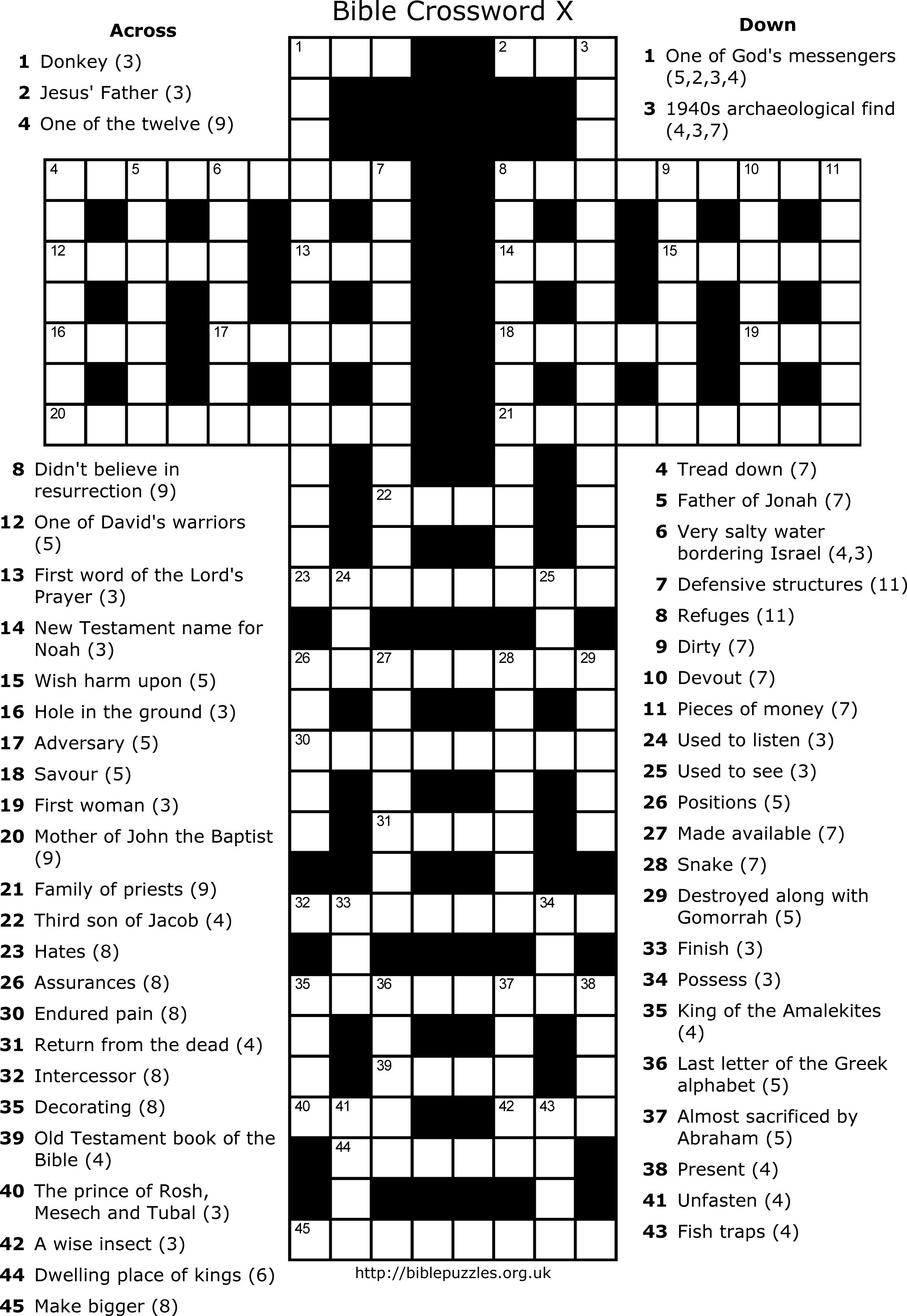

The simple asking of the question seems to lead to insight, whether from an archaeological perspective or a philosophical perspective. So, the question of what is the world's oldest book will likely never be answered conclusively, and this may not be a bad thing. So, we ask the questions again and again, 'What is the oldest?" "This is a revelation of original things this is what humans always look for. "If you find the oldest book you find the oldest truth, the oldest revelation," he said. There are likely other more obscure religions that claim to have a toehold in centuries further in the past and that their more recent printings are merely modern manifestations of ancient texts.įor Ferri, the quest for the world's oldest book is just that - a quest. Pharaonic texts exist with a similar vintage. The I Ching, the foundation book for Taoist philosophy, was allegedly written by Lao-Tze more than 2,000 years ago. Yet biblical scholars know the books that make up the Bible were written over many centuries and that many of the stories included in it were set down centuries after the events they recorded happened.īringing religion, or worldviews, into the question begets more twists and turns.

Some people think the Bible was written shortly after the world was created, making it the oldest book. We know roughly when the text was fixed, but the stories pre-existed the physical book."Īnd so the questions turn. "These (two stories) are the product of a very long oral tradition. "This is another situation to consider," Ferri said. But we don't really know when the stories started or how they evolved. However, the tablets aren't bound, so they're technically not a book, but they do come close, especially in the sense they propose a certain view of the world. With his own definition in mind, Ferri said his bet on the oldest books in the world would be Homer's "Iliad," and the " Epic of Gilgamesh." Indeed, the British Museum's version of the Gilgamesh tale, written on clay tablets, dates to about the seventh century B.C.E. They aren't bound, and most are legal proceedings or financial accountings and do not espouse a worldview. "For me, a book would be defined by having a binding and supporting a world view."īy this definition, the collection of clay tablets maintained by Cornell - also the largest collection in the world - wouldn't be considered the world's oldest books. "These are questions scholars are still wrestling with," said Laurent Ferri, curator of rare books and manuscripts at Cornell University whom we interviewed in 2010. Their scribes were creating songs and prayers to them close to 3,000 years ago, but these were on papyrus scrolls, which could be considered a book, albeit with only one very long page. Chinese cultures were printing pages of booklike structures using carved wood plates and simple presses hundreds of years before Gutenberg.

Of course, that was printed with moveable type. If printing defined what a book was, then the oldest book would be the Gutenberg Bible, printed in about 1450. So is the book a mere physical presence, or is the content more important than the shape? Or do they both play a role? Take it a step further and ask what if your favorite book wasn't printed but handwritten, would it still be a book? What about if you read it on an electronic device? It also has a nonphysical form - the story itself, what it means to you and the memories and enjoyment it conjures. It has a physical presence, a specific shape and form that fits on a shelf and requires dusting. First, there's the question of what exactly is a book. The question of what is the oldest book in the world will likely never be answered. There are older pages around but not bound together in a book. This book is often cited as the world's oldest book because it is the oldest book containing several pages that we know about.


 0 kommentar(er)
0 kommentar(er)
